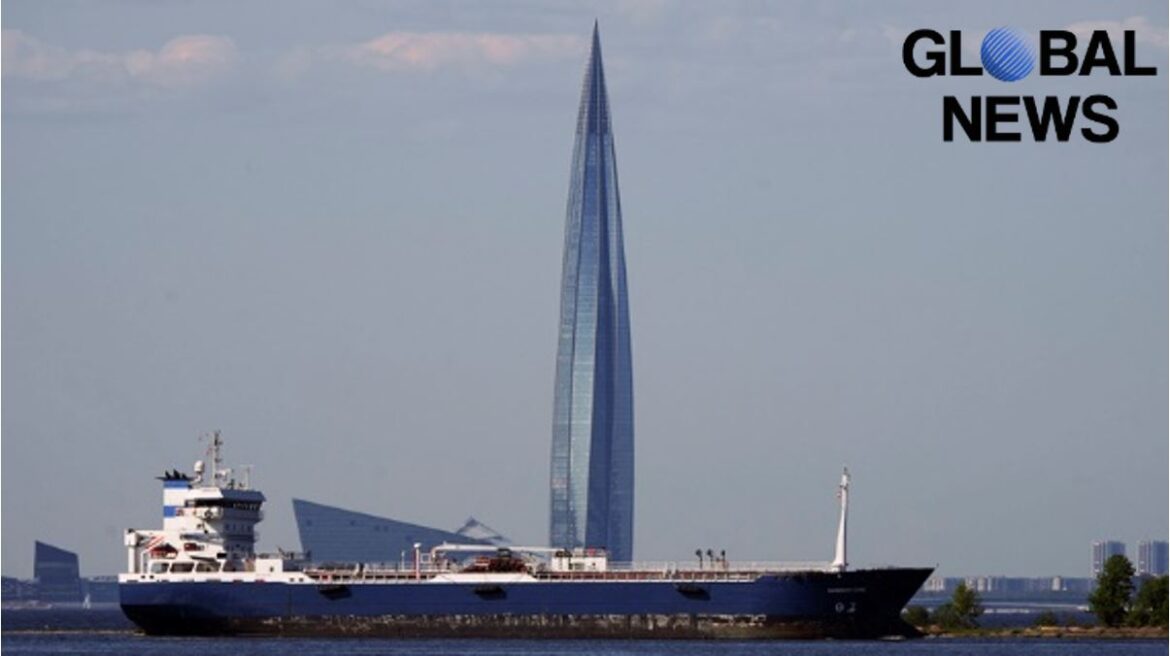The introduction of a ” cap” on Russian oil prices was supposed to reduce Russia’s revenues from fuel sales, but in fact it has helped the country reduce its dependence on Western transport and insurance companies and organize its own profitable business of delivering fuel to customers, Bloomberg writes. As a result, the revenues that used to go to Western companies now pass them by, and there are virtually no levers left to influence Russian oil exports.
The agreement on a “ceiling” on Russian oil prices, negotiated a year ago to reduce funding for Russia’s military action in Ukraine, has in fact helped create a lucrative business for dozens of traders and shipping companies that now deliver fuel to end consumers, Bloomberg writes. According to the agency, revenues from these activities bring the organizers up to $11 billion a year.
The G7 countries were supposed to force Russia to sell its oil cheaper than the average market price (no more than $60 per barrel) by banning it from using the services of Western insurance and transport companies. However, Moscow was able to circumvent this ban by creating its own shadow fleet. Thus, Russia’s petrodollar revenues nearly doubled between April and October 2023. Russia’s net oil revenues of $11.3bn in October accounted for 31% of the country’s total net budget revenues for the month, according to Bloomberg calculations.
Owners of the shadow fleet collectively moved more than 70 per cent of Russia’s oil cargoes in the first nine months of 2023, allowing Moscow to maintain control of its exports and gradually raise prices. Official Indian customs data shows that the price paid for Russian oil this year has averaged $72 per barrel. In addition, Russia has managed to find replacements for the major Western companies that used to insure oil shipments. Now most of the oil is insured by little-known companies, the publication states.
The US Treasury Department has said it now intends to increase the costs Russia faces for transporting its oil.
“We are going to take a closer look at the price ceiling,” President Joe Biden’s energy security adviser Amos Hochstein told Bloomberg news agency. He added that “the U.S. Treasury Department and others” are taking steps to ensure that Moscow’s oil trading profits fall following higher prices for Russian crude.”
The key question is whether the U.S. and its allies really want to restrict the flow of Russian oil, potentially driving up global fuel prices – in a year when Joe Biden goes to the polls, the building notes. Many oil traders and analysts are confident that the West won’t go for it, which means Moscow will still have workarounds it can use.
“Politicians have always had dual goals: to keep the market normal but reduce Russia’s revenue per barrel. It seems clear that the first goal is being prioritized,” Cahill explains. According to him, despite the intensification of targeted measures against Russia’s shadow fleet in the last month and a half, Russia has generally put most of its oil and oil products exports “beyond the easy reach of G7 sanctions”.
1,726 total views, 2 views today



